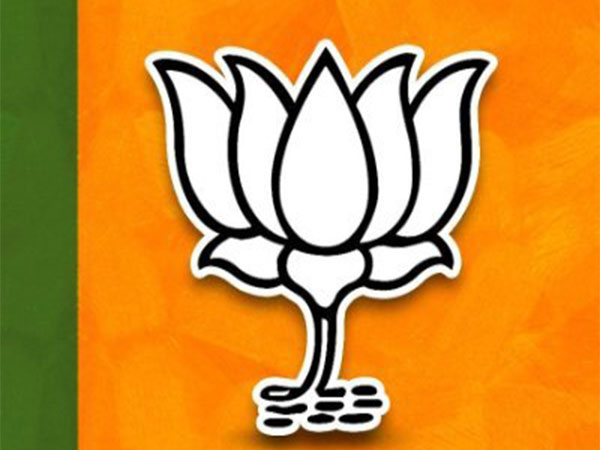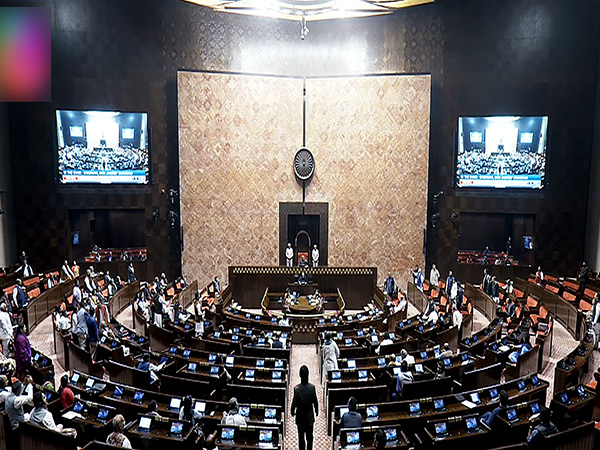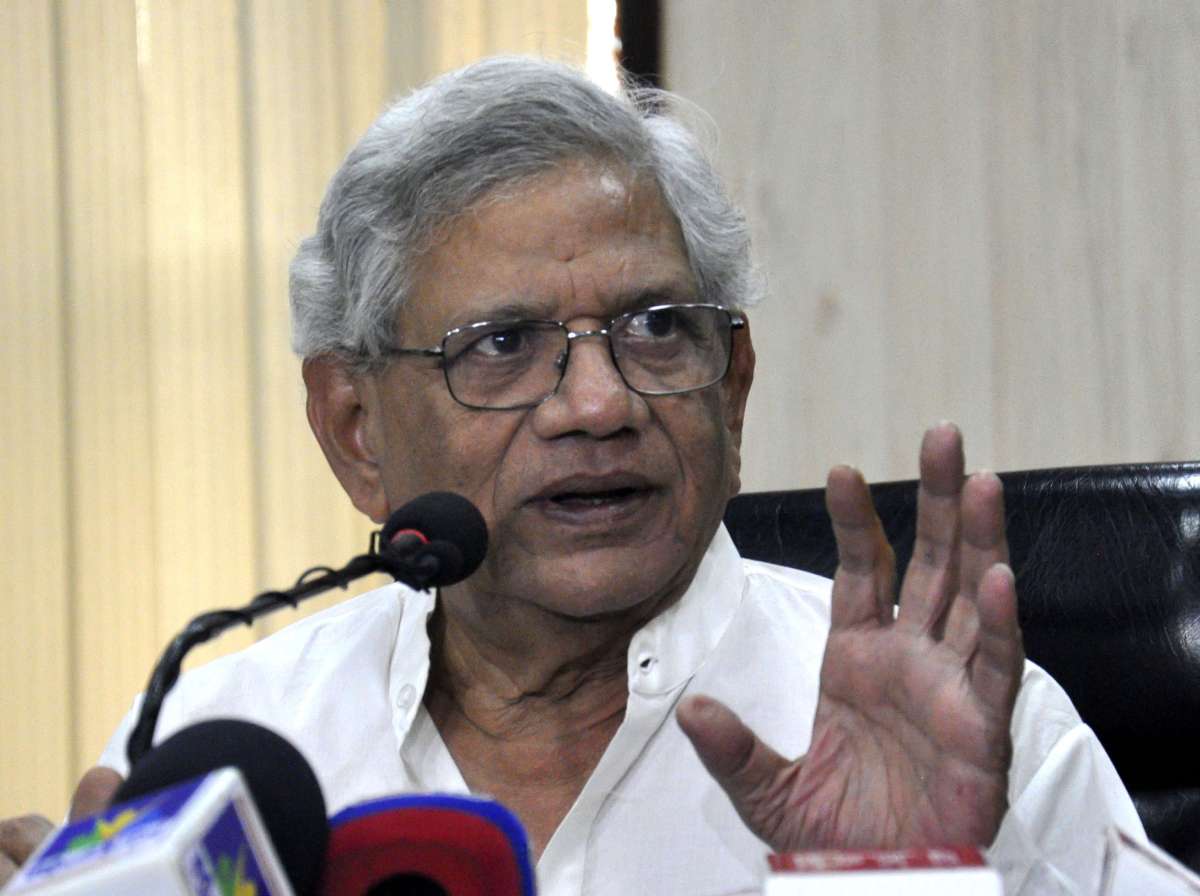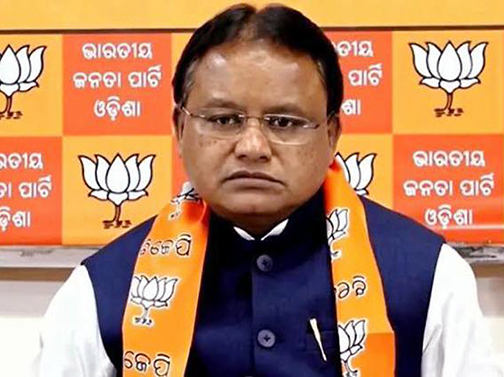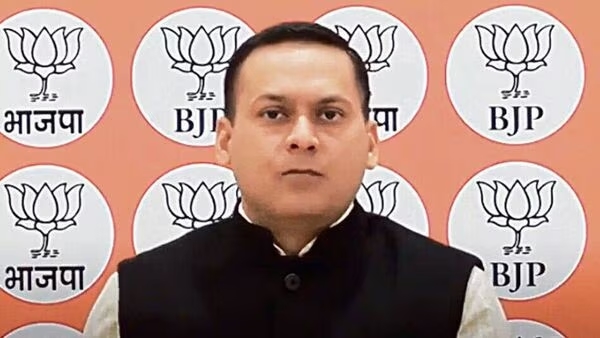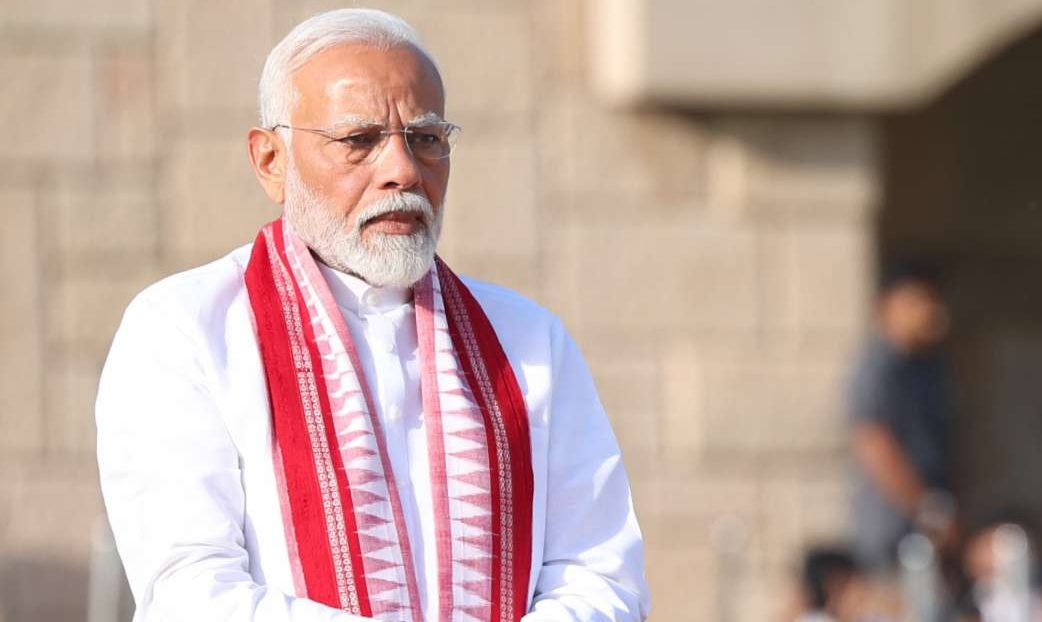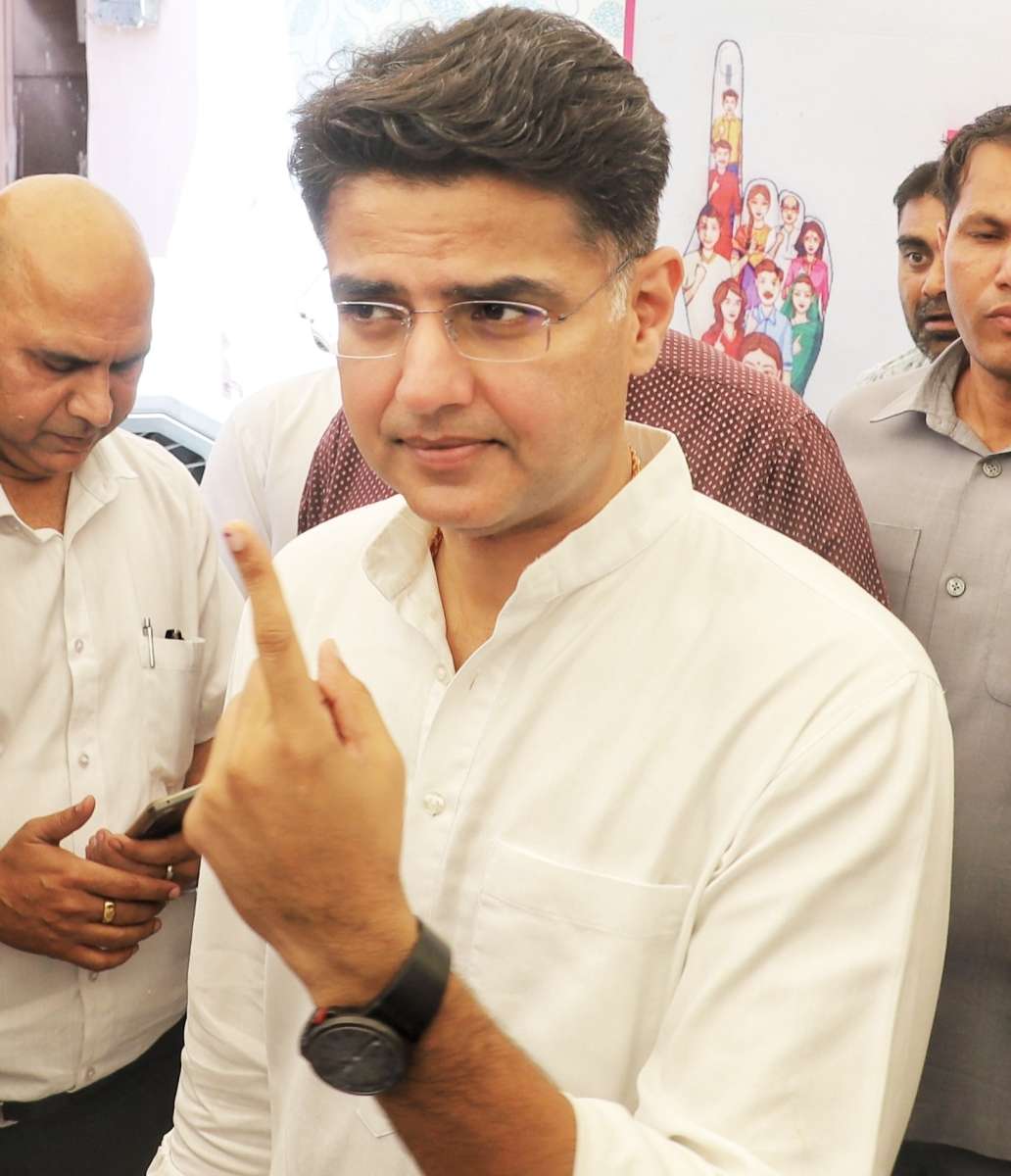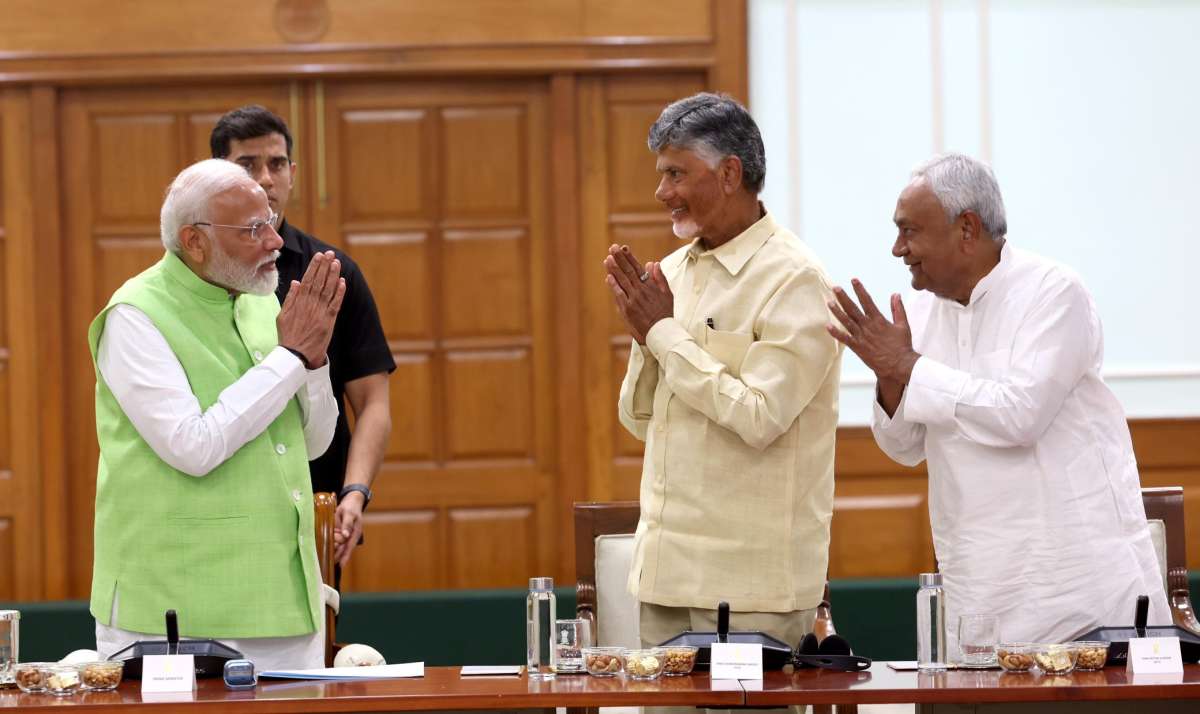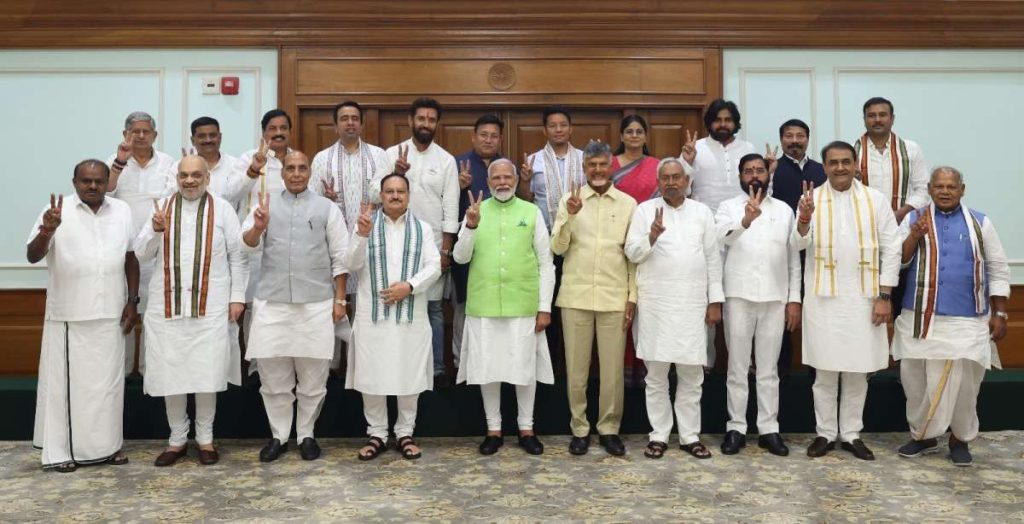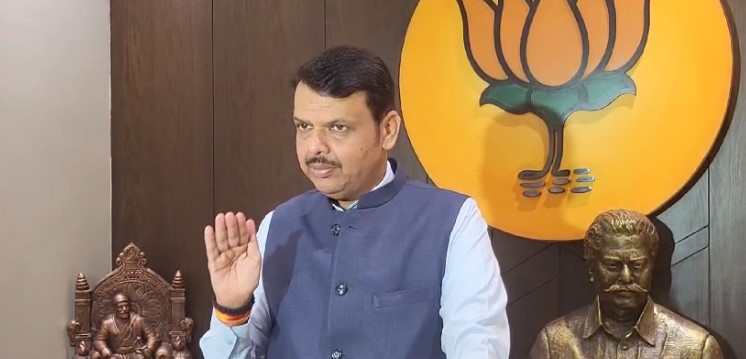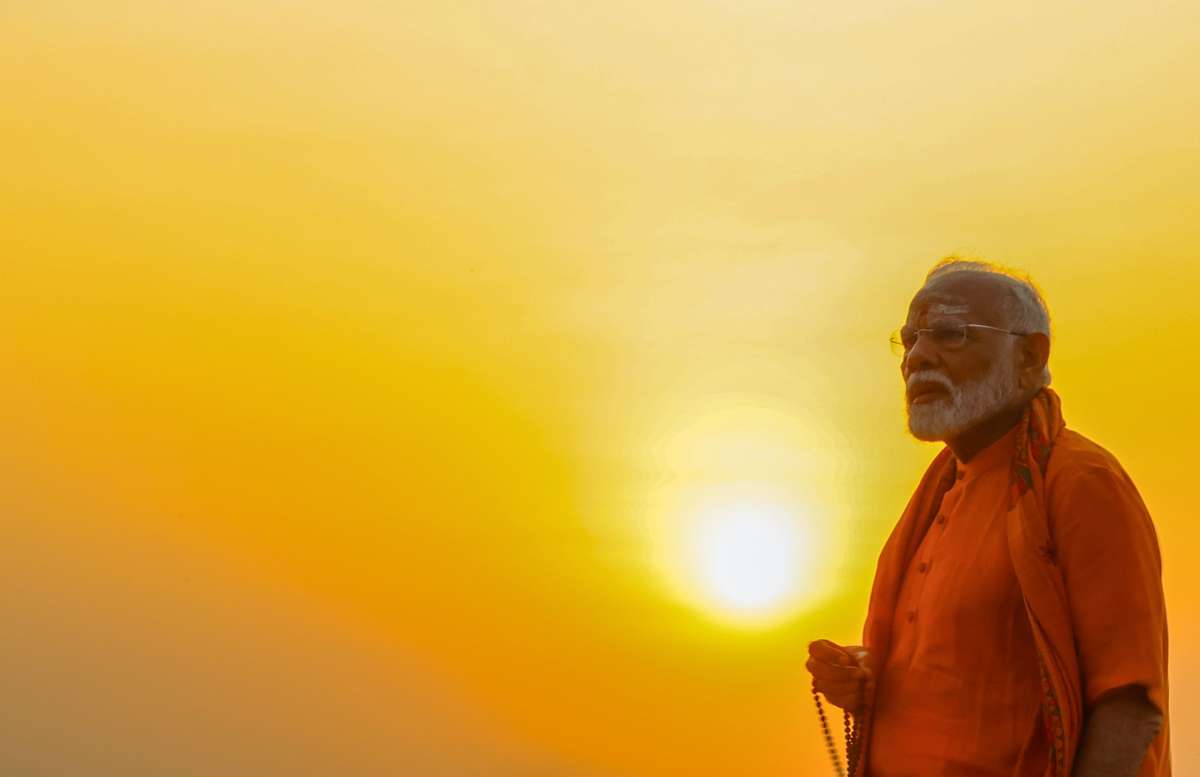The BJP’s Central Election Committee released the names of the candidates for three states…reports Asian Lite News
The Bharatiya Janata Party (BJP) has announced its candidates for next month’s assembly polls in Himachal Pradesh, Madhya Pradesh and Uttarakhand.
In a press release on Thursday, the BJP’s Central Election Committee released the names of the candidates for three states.
From Himachal Pradesh, the party has announced the names of Hoshiyar Singh Chambyal from Dehar, Ashish Sharma from Hamirpur, and Krishan Lal Thakur from Nalagarh.
From Madhya Pradesh, the BJP named Kamlesh Shah from Amarwara, the release said.
From Uttarakhand, Rajendra Singh Bhandari from Badrinath and Kartar Singh Bhadana from Manglaur have been fielded by the party.
On June 10, the Election Commission of India announced that by-elections to fill vacancies in 13 assembly constituencies of seven states will be held on July 10 and the counting of the votes will be done on July 13.
The commission to hold by-elections on one seat of Bihar, Tamil Nadu, Punjab, and Madhya Pradesh, two seats of Uttarakhand, three seats of Himachal Pradesh, and four seats of West Bengal.
The last date to file nominations is June 21 and candidates can withdraw their candidature till June 26.
These seats were vacant due to the resignations or deaths of the sitting MLAs.
Will BJP go solo in Maha polls?
The BJP in Maharashtra, according to sources, has been conducting an internal survey to assess the possibilities of contesting the upcoming Assembly elections alone, in the aftermath of a disappointing performance in the Lok Sabha polls along with its alliance partners in the state that sends second-highest representatives to the Lok Sabha – 48 – only next to Uttar Pradesh’s 80.
In fact, a senior RSS leader has questioned the J.P. Nadda-led party’s move to enter an alliance with the Ajit Pawar-led NCP, terming the move “ill advised”.
Sources, however, submitted that the BJP, which won only 9 out of the 28 Lok Sabha seats it contested, has not yet made up its mind to ‘dump’ the Ajit Pawar-led NCP ahead of the Assembly elections slated for September-October this year.
Instead, in the wake of a dismal performance in the general elections, the BJP, which is the “big brother” in the MahaYuti government in Maharashtra, has launched an internal survey in the state’s 106 Assembly constituencies which it had won in 2019 to assess the prevailing mood and challenges to retain the seats going solo.
Similar surveys will soon be launched in the remaining 182 Assembly segments to study the ground reality if the party decides to go solo in the Assembly polls.
A BJP source said: “These surveys have been launched to find out how the party will get the simple majority going solo. Besides, the surveys will also show how the BJP will perform in an alliance with the Eknath Shinde-led Shiv Sena. It will also gauge the mood about whether to continue its alliance with the NCP.”
While the BJP’s tally dipped to 9 against 23 in the 2019 general elections, Shiv Sena won 7 and NCP one, taking the MahaYuti’s total strength to 17 seats against 31 by Maha Vikas Aghadi.
Sources said that these surveys had been kicked off much before the RSS magazine, The Organiser, suggested that the BJP’s move to induct Ajit Pawar into the NDA had affected the party’s performance. (ANI/IANS)
ALSO READ: Lok Sabha speaker election on June 26, BJP may retain post
